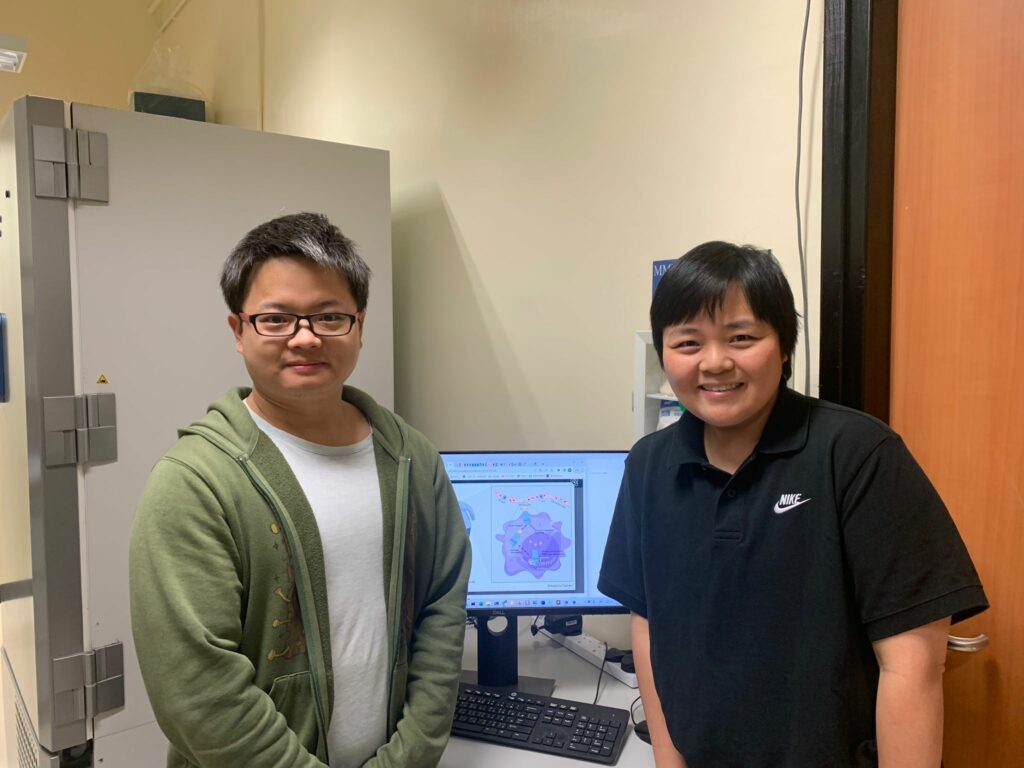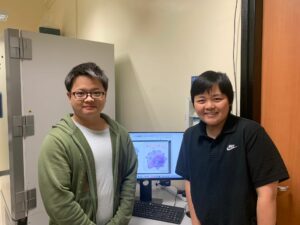CUHK
News Centre
CUHK study shows enhanced insulin-regulated immune function supports extreme health span and longevity
Most people want to live longer and healthier lives, but very few can achieve both simultaneously. In collaboration with Hainan Medical University, a research team led by Professor Kim Chow Hei-man, Assistant Professor from the School of Life Sciences at The Chinese University of Hong Kong (CUHK), has uncovered that preservation of insulin sensitivity is a key to a healthy lifespan and extended longevity in human populations of multiple ethnicities, boosting the function of the innate immune system at advanced ages. The findings have recently been published in the prestigious journal Aging Cell.
The existing knowledge gaps
Rapidly ageing populations around the world, particularly in developed countries, have caused policymakers to focus on sustainable measures that are useful for maintaining good health, in order to avoid the development of multiple chronic age-related conditions in the general population. Since the immune system plays a central role in many age-related, non-communicable diseases, this implies that the system is also critical to successful healthy ageing. Despite that, it remains unclear if there are any common immune features unique to extreme longevity and continued good health, regardless of people’s origins or ethnicity, and whether the associated molecular signatures can provide insights that can be put into practice.
Sustaining insulin sensitivity one of the keys to becoming “ageing champions”
The CUHK team meta-analysed the blood transcriptomic data of thousands of long-lived individuals (more than 95 years old) and centenarians (more than 100 years old), and corresponding ordinary-aged (57-64 years old) controls from various geographical locations including China, the Netherlands and Japan, to differentiate factors that are unique to extreme longevity and good health from those underlying common ageing effects. Results showed that a consensual activated status of the innate monocyte phagocytic activities (the cellular process for digesting and removing pathogens, cellular debris, and apoptotic cells) is present in multiple populations. Monocytes are a unique type of immune cells that are insulin sensitive. The team studied the functional characterisation of these cells by an integrated analysis with datasets characterising their cell-specific transcriptomic network, insulin receptor-regulated gene expression and global DNA methylome changes under insulin resistance, which indicated that the enhanced phagocytic activities are indeed supported by an insulin-regulated, immune-metabolic network.
Professor Kim Chow said, “These findings imply that maintenance of whole-body insulin sensitivity is key to an extended health span and longevity. Sustaining this while ageing could be practically achieved via lifestyle-based adjustments, such as adhering to a healthy diet and exercise routine. The findings also echoed our existing knowledge that insulin resistance is associated with major non-communicable diseases.”
Other important contributors to the study include Dr Wu Deng, Postdoctoral Associate in CUHK’s School of Life Sciences, and Dr Bi Xiaoman, Postdoctoral Fellow in the College of Biomedical Information and Engineering at Hainan Medical University. This study was performed in collaboration with Professor Li Kongning and Professor Zheng Shaojiang of Hainan Medical University for the sample and dataset collections in Hainan province.
The full text can be found at https://onlinelibrary.wiley.com/doi/full/10.1111/acel.13810.





